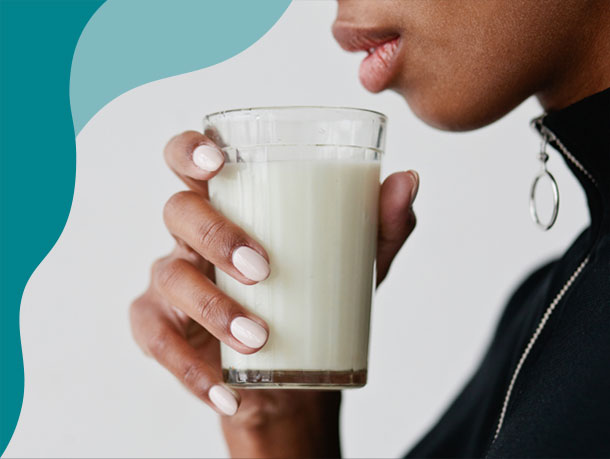Your skeleton will thank you.
͏ ͏ ͏ ͏ ͏ ͏ ͏ ͏ ͏ ͏ ͏ ͏ ͏ ͏ ͏ ͏ ͏ ͏ ͏ ͏ ͏ ͏ ͏ ͏ ͏ ͏ ͏ ͏ ͏ ͏ ͏ ͏ ͏ ͏ ͏ ͏ ͏
| |
|
|
| You may not think about your bone health that much. But just like the rest of your body, your bones need certain things to stay strong and functioning at their best.
|
| Although you can’t feel it happening, your bones are constantly renewing themselves. As we age, this renewal process slows down, and our risk of fractures, pain, and mobility issues rises. That’s why it’s important to take practical steps now to strengthen your bones for the long term.
|
| In today’s Wellness Wire, we’re going to walk through what bone density means and the habits that will help keep your skeleton strong.
|
|
|
|
|
|
|
Enjoy!
Ginger Wojcik
Newsletter Editor, Healthline
|
 |
|
Written by Ginger Wojcik
September 17, 2025 • 3.5 min read |
|
| |
|
|
|
|
| |
 |
|
|
| Don’t wait to take care of your bones
|
| The structure of your bones is sort of like a honeycomb. Bone density refers to the size and number of gaps in the honeycomb. Higher density means fewer gaps, which translates to stronger bones. Lower density leaves more gaps, making bones fragile and prone to fractures.
|
| Your bone tissue is constantly breaking down and rebuilding, a process called remodeling. To fuel that rebuilding, your body needs two main things: movement and nutrition. Weight-bearing exercises, like walking, jogging, or strength training, are especially important, but most types of movement can help.
|
| Your body also needs adequate nutrients. Calcium is the big one (your bones are 99% calcium!), but vitamins D and K2 ensure that it’s used effectively.
|
| Protein and a host of micronutrients are also involved in the process. You can get all of the nutrients you need for strong bones by eating a balanced diet full of nutrient-rich foods like vegetables, fruits, whole grains, lean meats, legumes, fermented foods, and dairy.
|
| Keep in mind that smoking, heavy alcohol use, and a diet lacking in key nutrients can all weaken bone strength.
|
| Bone mass peaks in your late 20s and slowly declines after your mid-30s. It becomes more difficult to increase bone density after this time. However, you can slow the rate of decline by practicing the healthy lifestyle habits mentioned above.
|
| This is especially important for women, as menopause accelerates bone loss and increases the risk of osteoporosis and fractures later in life.
|
| Women over 65 and men over 70 (or earlier if you have risk factors like family history, smoking, or previous fractures) are recommended to have their bones tested with a DEXA scan — a quick, painless X-ray that measures bone density in your hips and spine. Knowing your numbers gives you and your doctor the information you need to take preventive steps before problems arise.
|
| No matter who you are, strong bones are critical for staying active, mobile, and able to do the things you love for years to come. By prioritizing healthy bones today, you invest in your future freedom and quality of life.
|
| | |